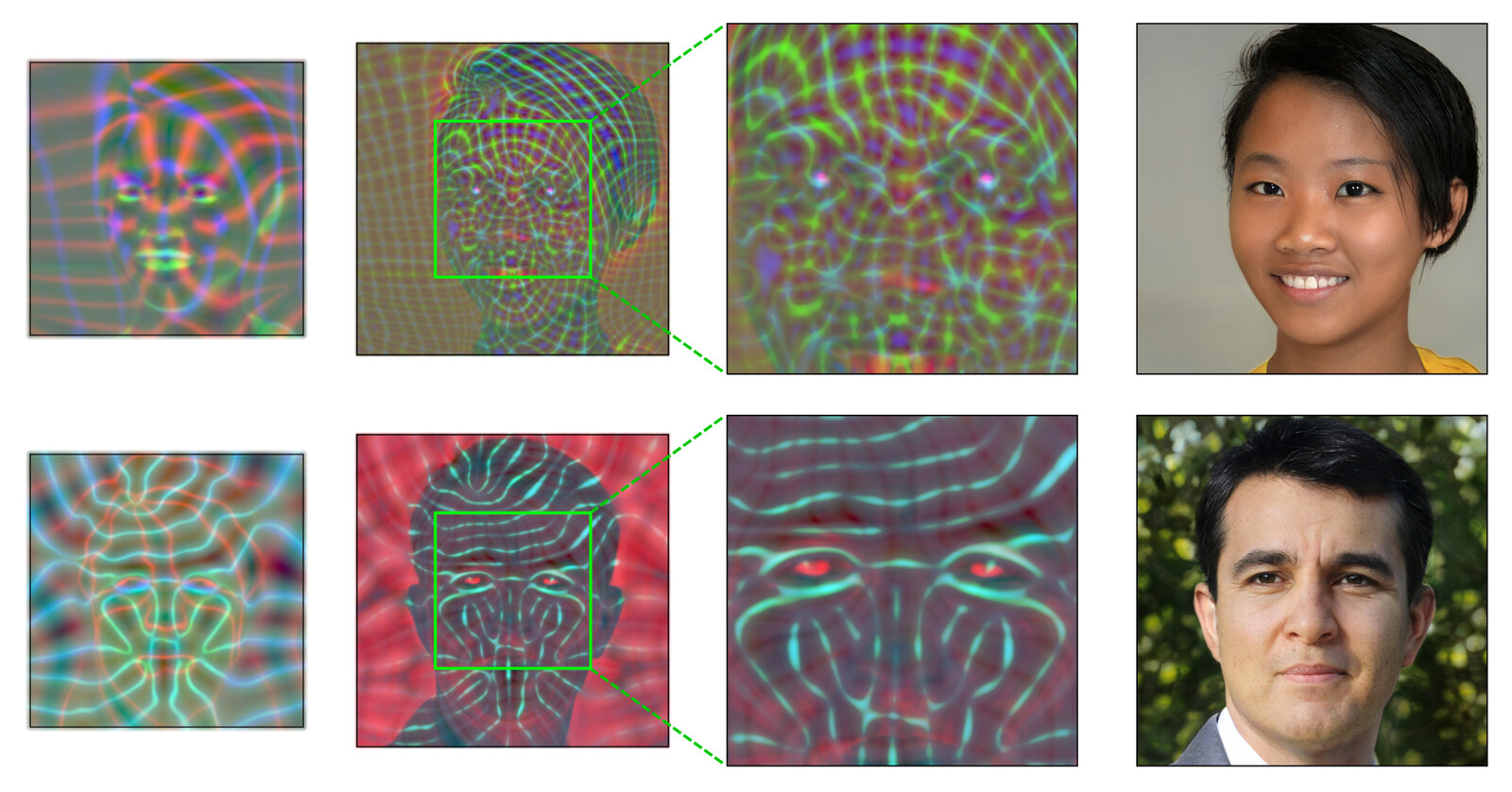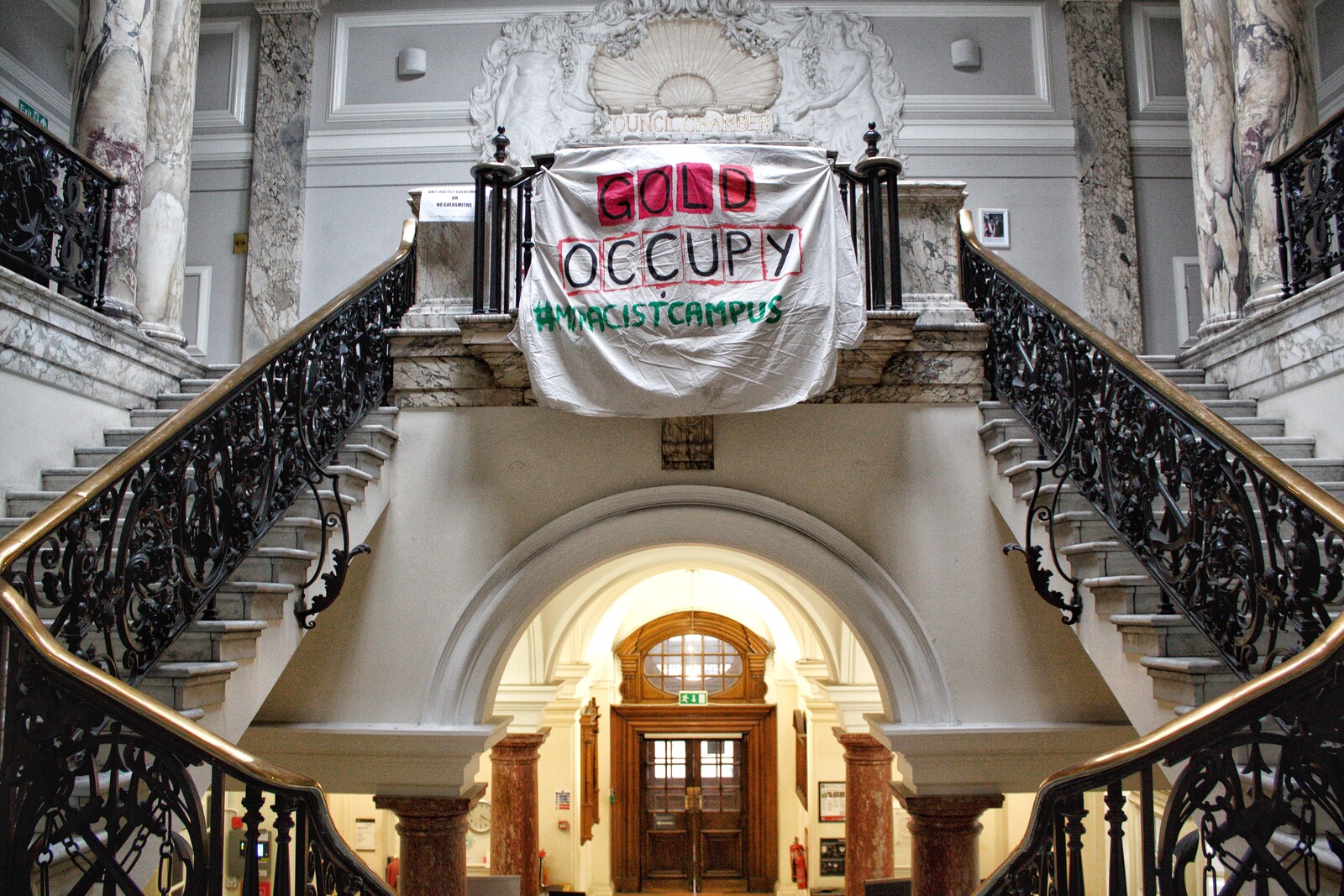Today, how should we consider that this colonial appeal to reason has left a parting gift, namely the frantic double exposure of the racial image? On the one hand, the current human-to-human relation is still largely saturated by images of a world constructed through epistemic whiteness. On the other hand, the technological object, in its ignorance, has been largely programmed to overwrite the complex dynamics of historical race relations, and has instead been designed to infer logical conclusions from a racist human history, as if this data is anything other than an ensemble of racial processes dragged through time on the instruction of the white imaginary. If a harmony is to be achieved, then the structures of these processes, as well as the resultant double images, must be brought into an authentic awareness.
What if we sought to comprehend this new horizon as a grasping of Black individuation from within the cultural weight of colonialism, where one finds the measure of their validity in the problems we confront? What if the individual in relation to whiteness was not given as a fact preexisting the operation of being and becoming Black? What if the image of Blackness, and thereby the Black individual produced by colonialism, was merely one element of individuation constituting a false assumption of the exhaustion of Black existence? Finally, what if Black existence was grasped not as a final outcome in recourse of the presumption of racial logics, but as a process of individuation that reformulates the categories of knowledge, thereby shifting ontological assumption from one that exists in relation to whiteness to one who’s principle of genesis becomes internally generated and invented from within?



.jpg,1600)